Accommodation in London: the best options | Guide to London
Guide to London
- Pre-departure advice for London: preparing for your trip
- London Airports: How to get to the centre
- Accommodation in London: the best options
- What to see in London
- Public transport in London
- The English Gastronomy
- London nightlife
- The surroundings of London: cities not to be missed
Once you have arrived in London you will surely have to head to your accommodation. Have you booked a hotel? Maybe a hostel which costs a lot less? Are you staying with friends or sleeping on someone's sofa who you met through CouchSurfing or something similar?
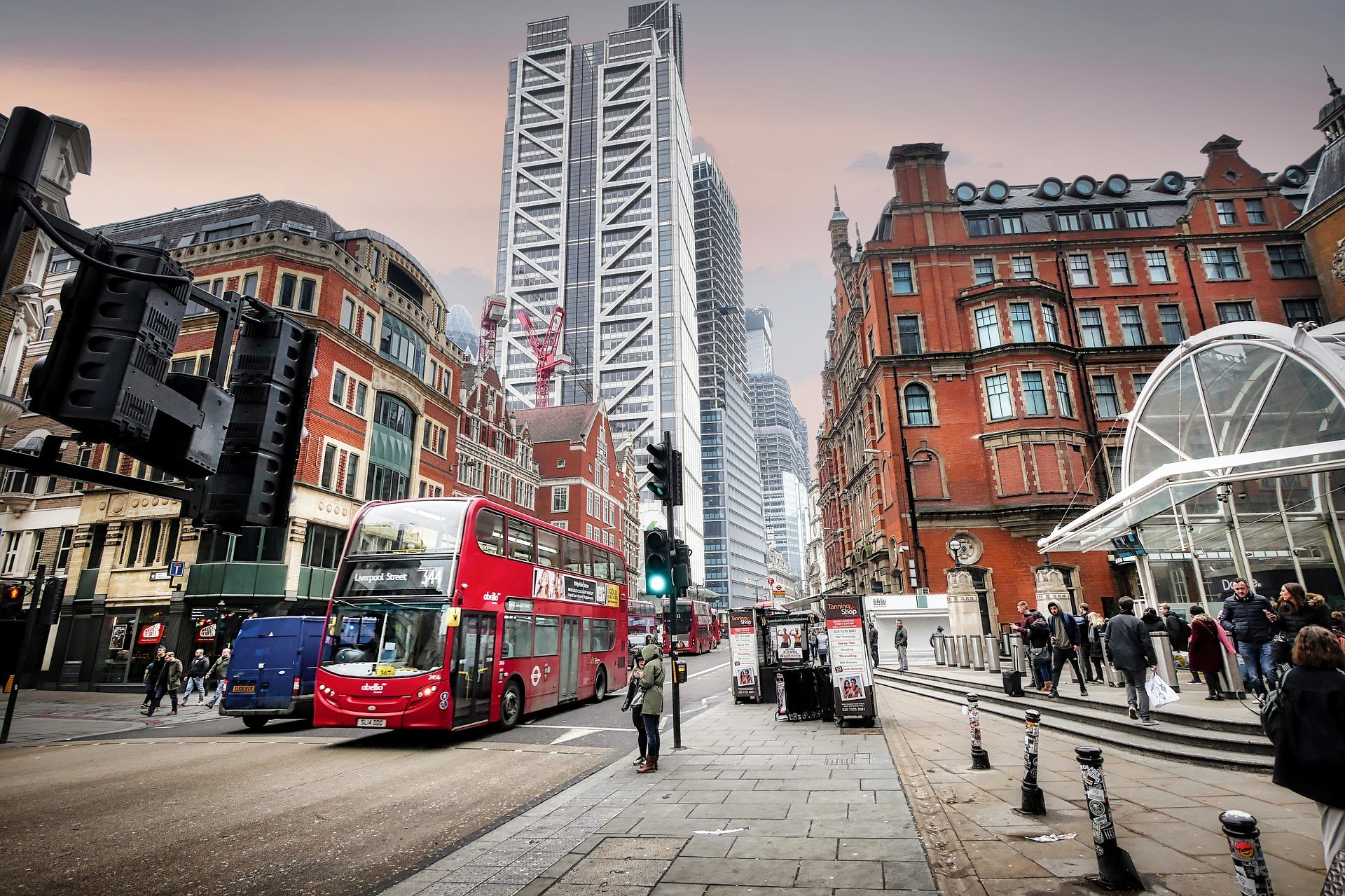
Well, wherever you are staying, you will most likely have organised it before leaving. I really do recommend you do your homework like good students before you leave home! To go on an adventure is wonderful, but London is big, very big... You are unlikely to find a hostel or hotel whilst wandering the streets. There is so much information on the internet, and you will find so many experiences and recommendations here on Erasmusu, as well as doing an intelligent search on Google - it's a good way to practice you're English before you go, too.
Let's start at the beginning so I can give you some general advice. There are many travellers heading to London, each with their own unique reasons and motivations, and each one staying for a different amount of time, so it's impossible to give one single set of advice.
That said, I would advise anyone intending to stay in London for a long period of time to contact friends and agencies, search the internet for "Rent flat" or "Rent rooms" before arriving in London. Erasmusu too offers a section to look for flatmates or accommodation for single occupants. There are some websites that can be very helpful in your search; one of the most used (and also used for posting jobs and selling things) is Gumtree.
For those who are visiting for a few days I will leave you some advice for how to find accommodation, which seem to me to be the best options, which zones are best and much more.
Accommodation
Hotels
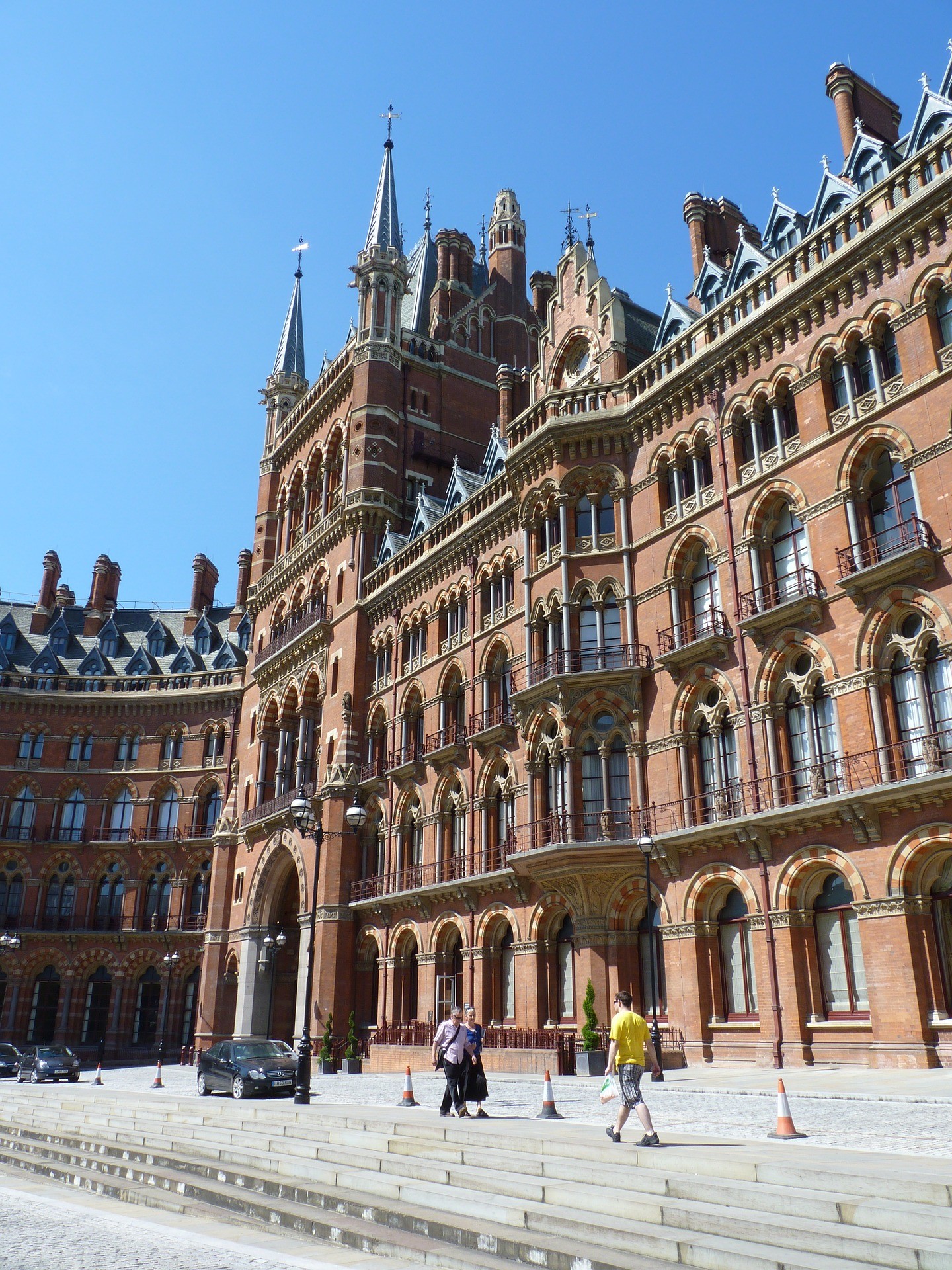
There are a number of options, ranging from the Hilton, which costs a "pretty penny" (a lot!), to less expensive hotels which may be less central. If you have chosen to stay in a hotel and have no intention of changing your mind, I recommend you take a hotel in central London (even if it costs a bit more) or one which is well-connected by public transport. Choose an area which is vibrant and lively, with people, shops and supermarkets. If you go to one of the "ugly" areas or somewhere more residential, why bother paying for a hotel (in my opinion). It isn't worth it. Ultimately it all depends on the kind of holiday you are looking for. If you are going to experience an action-packed London, city of a thousand faces and a stupefying nightlife, then by all means, stay in the centre. Obviously hotels are not cheap but you well know that you can find a good deal. Life in Spain, France or Italy may be expensive, but not compared to London, which is on another level. That said, later on in this series I will be telling you about food; London is expensive but not in every way, and if you're smart you can live well on a budget.
Hostels
The advice is similar for hostels. I recommend you stay in the central zones - even if you think you can reach your accommodation by London's great public transport system. Hostels differ from hotels in their price firstly and secondly in the amenities on offer. To be honest, I use more hostels than hotels on my own travels. If the aim is to visit London, it doesn't really matter where the room is - it is ultimately only for relaxing at the end of your day of sightseeing, and I would opt for a hostel - maybe in a private room so I don't have to share with others. The interesting thing about hostels is that they often encourage socialising between the guests, something hotels don't tend to do, and depending on your age and personal preferences you can make the best choice for you.
I can recommend the Generator Hostels, a hostel/hotel chain which I used when travelling to Barcelona and also has places in London and Paris. I don't know how much a night in London costs, but in Barcelona it was very cheap and really great accommodation, as well as being located in the city centre.
Other Options
Other options could include:
Personally, I lived in a hostel for 20 days and it wasn't just one of the best experiences of my life, but I also met some amazing people who I am still in contact with many years later. My hostel was in Golders Green, in north London and easily accessible from both Luton and Stansted airports. It was cheap, but I still ate out lots and counting tourist trips and going out at night... let's just say, my money still disappeared quite quickly! I haven't stayed in a hotel in London, although friends of mine have; they stayed in the very central zone of Southwark, right behind the panoramic wheel, the London Eye, one of the main attractions of that area.
So as you can see, your options are plentiful and it all depends on your own wants and needs, your spirit of adaptability.
Click here for a map of London: What to see in London.
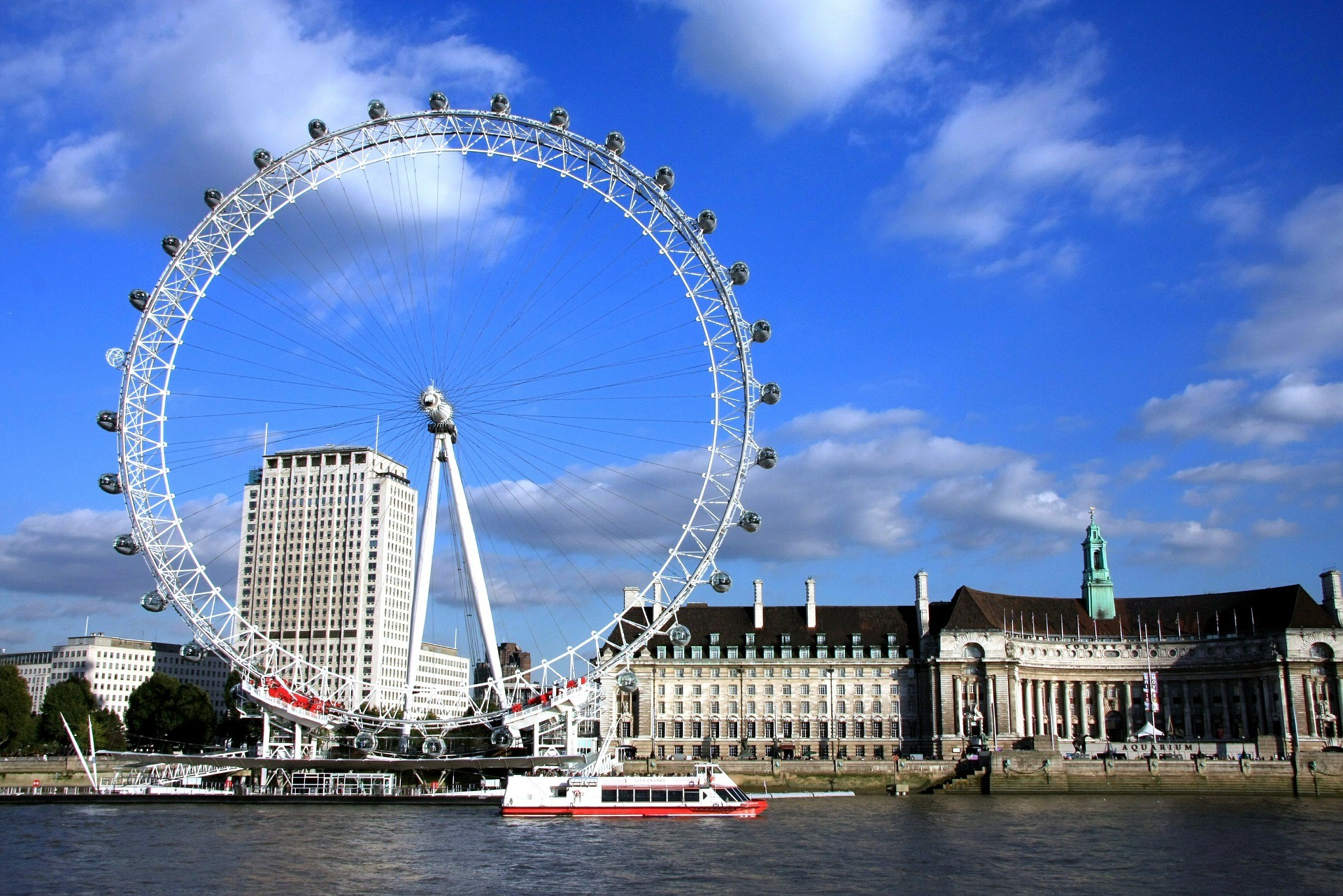
The Zones
If you love London as much as I do, you may not have a preference over the different areas and neighbourhoods. However I will admit to being a bit naive and, recognising my limits, I will always try to be as realistic as possible when writing up this guide. Do your research and make your choices depending on what is important to you as a traveller.
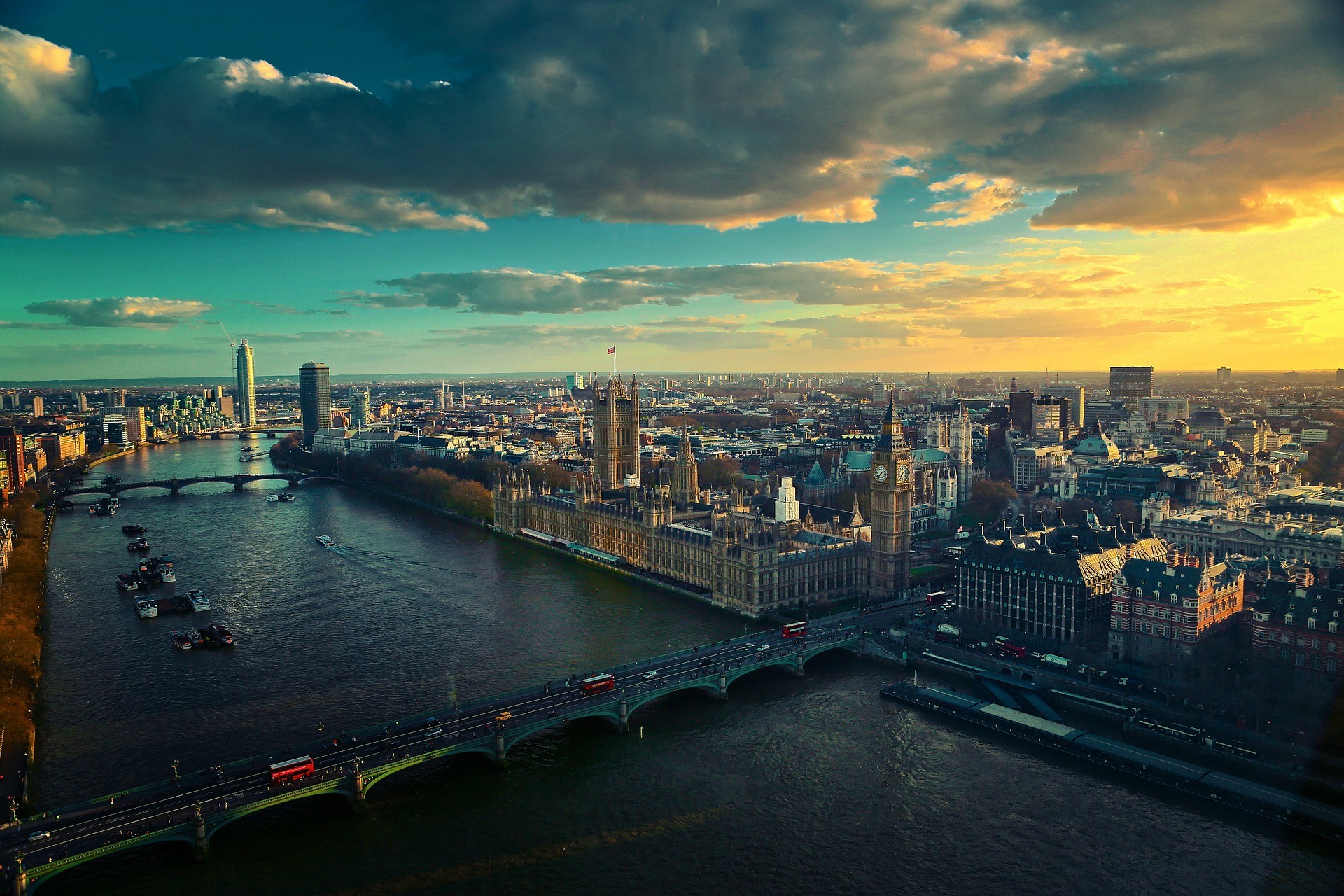
My "Yes Zones":
- Zones 1 & 2 are obviously the most expensive but also very central and you won't pay so much on transport to Zone 3 for example.
- Zone 3 is still easily accessible from the centre, although it does have the added cost of transport tickets (which will be discussed in a later post)
- If you want to stay somewhere a bit quieter then you might find Zones 4, 5 & 6 more suited to your needs. Remember that even these outer zones still have plenty of life, and you will probably get a better idea of how a regular Londoner lives!
My "No Zones"
- Zones 4-6 because they are far from the centre.
- The areas far from the centre and points of interest (monuments, museums, etc. )
- The areas poorly connected by public transport - for example, those served only by the DLR or Overground.
Why "Yes Zone", why "No Zone"?
My "Yes Zones" are good for access to the monuments, museums, and tourist attractions, which are concentrated in Zones 1 and 2, so whilst you may spend more on accommodation, you will save on transport to and from your hotel. The areas further away can be visited all together on the same day, thereby only buying the wider-ranging ticket once.
My "No Zones" are not ugly or unpleasant; they simply don't have the attractions that an average traveller is looking for during their trip to London. They also are not walkable from the centre - if you are staying beyond Zone 2, it becomes necessary to travel by public transport, paying a higher price for your tickets. You will also spend more time travelling to and from the centre.
My favourite zone to live (for long periods) is South London, areas such as Clapham Junction or Clapham Common or even Kennington, Waterloo and London Bridge. Southwark is also lovely, but comes with a higher price tag.
North London is just as beautiful as the south. I have never lived in Camden Town, but it is on my list of places I would like to stay if I one day choose to change areas. The west is much more chilled out and perfect for families; e. g. Warwick Avenue, Maida Vale and heading southwards Gloucester Road and everywhere around Hyde Park (and there are a lot - Hyde Park is huge!).
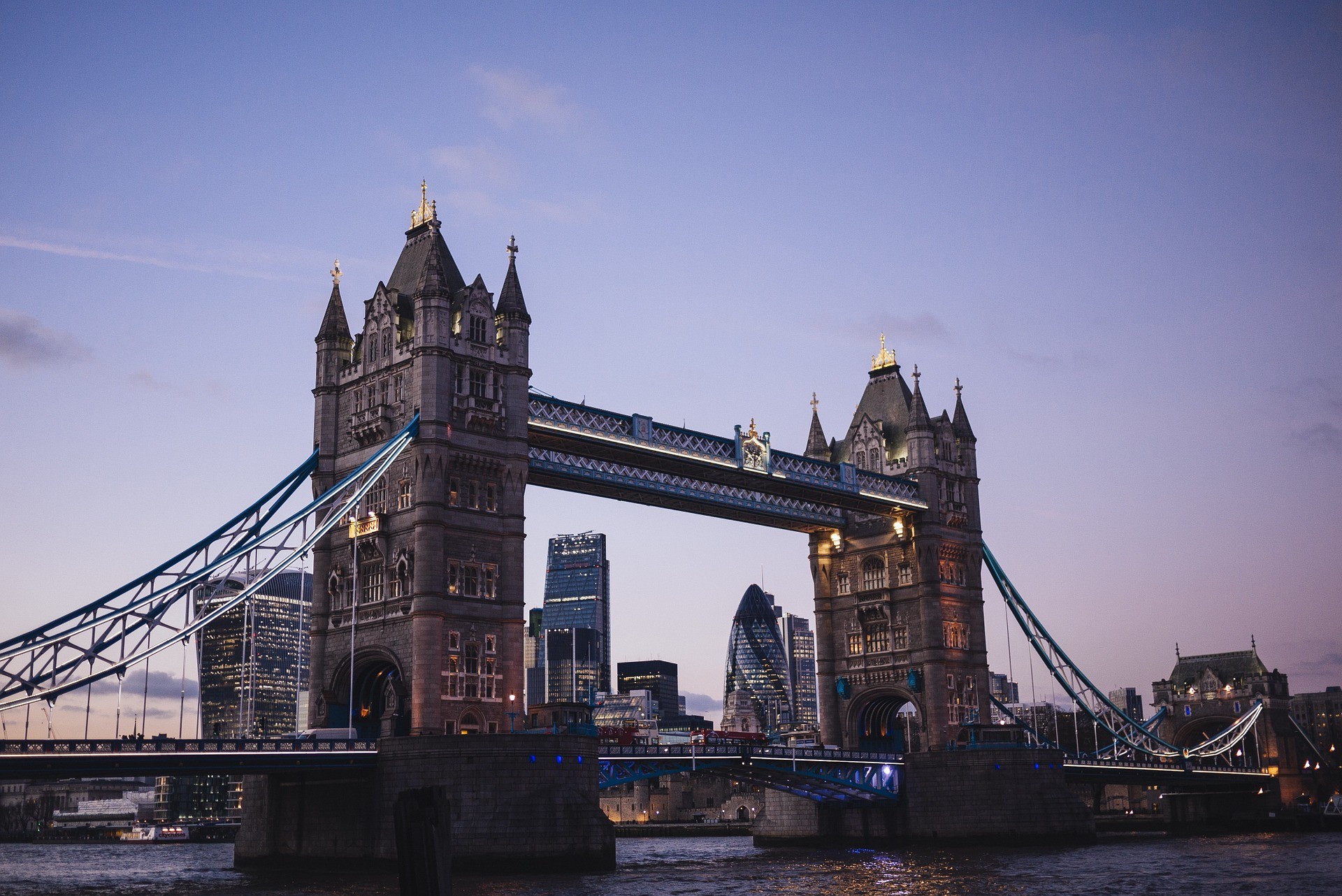
Finally a bit more advice:
- Research as much as possible on the Internet (Erasmusu is a great tool) or other agencies before leaving.
- Do your calculations at home and choose whether to spend your money on rent/accommodation or transport - or both - depending on your budget. Remember to consider your other expenses, such as transport to and from the airport, museum entry, and obviously going out at night to eat and drink and food whilst you are out during the day. You can get an idea of prices on the internet for hotels and hostels as well as for transport and attractions so you can get a good idea of how much you are likely to spend during your holiday to London before you go.
- If you go as a group, or find a group of new friends whilst there, it will be cheaper.
- If you are a student and have a student card to prove it, you can get a discount at most of the tourist attractions (museums, boats, shows and transport).
So this is my advice and recommendation on accommodation and the different zones of London. I hope you have found it useful.
For more information on how to get to London from the various airports, click here.
Or, for a guide on what to visit once you have arrived in London, click here.
Enjoy your trip!
Photo gallery
Content available in other languages
Want to have your own Erasmus blog?
If you are experiencing living abroad, you're an avid traveller or want to promote the city where you live... create your own blog and share your adventures!
I want to create my Erasmus blog! →





















Comments (0 comments)